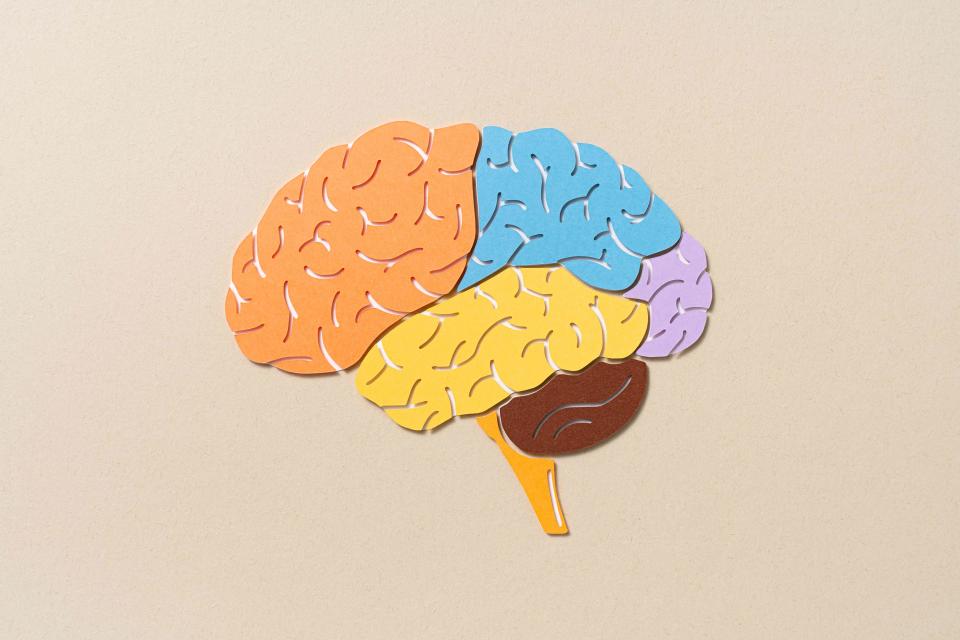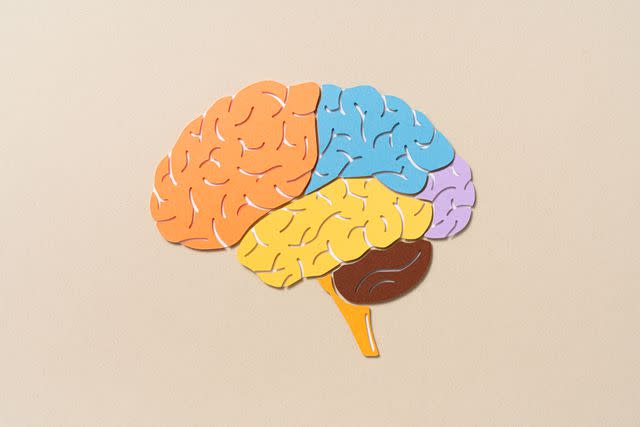Writing, Playing Cards, and Doing Crossword Puzzles Reduce Dementia Risk in Older Adults, Study Finds
Keep doing your sudoku puzzles!

MirageC/Getty Images
A decline in cognitive health and functioning is a natural part of getting older, but dementia is a more serious illness categorized by cognitive deterioration “beyond what might be expected from the usual consequences of biological aging,” explains the World Health Organization (WHO). There’s no cure for dementia, but there are lots of things we can do to keep our brains fit and sharp and try to prevent more serious cognitive decline and disease later in life.
Related: 6 Nutrient-Packed Foods to Eat for Better Brain Health
That's why prevention and risk reduction are a key focus for dementia researchers. A new study in JAMA Network Open found positive evidence that older adults who frequently engage in cognitively stimulating activities and learning tend to have a lower risk for developing dementia, regardless of economic status or education earlier in life.

MirageC/Getty Images
The cohort study included over 10,000 relatively healthy men and women in Australia with a median age of 74. It found that frequently engaging in adult literacy activities—such as taking classes, using the computer, and writing—was associated with an 11 percent lower risk of dementia over 10 years. This could include learning a new language, enrolling in adult literacy courses, auditing classes, or taking up a new skill or hobby to promote brain neuroplasticity, boost memory, and strengthen cognitive reserve.
The findings also showed that active, stimulating mental activities, such as playing games, playing cards, playing chess, and doing crosswords or puzzles—reduced dementia risk by 9 percent. These are not only entertaining, pleasurable, and often social hobbies, but they also activate several cognitive systems: problem-solving, episodic memory, focus and concentration, calculation, spatial skills, and decision-making.
“These activities involve pro-active engagement, critical thinking, logical reasoning, and social interaction,” the research paper explains. “The cognitive stimulation from such activities can increase resilience against brain pathologies by increasing the number of neurons, enhancing synaptic activity, and permitting higher efficiency in using brain networks."
Related: Doing Household Chores Can Help Your Brain Stay Younger and Healthier for Longer, Study Suggests
Artistic and creative activities (think: craftwork, woodwork, or metalwork, and painting and drawing), as well as passive, but still-stimulating pursuits like reading, watching TV, and listening to music, were also linked to decreased dementia risk, although to a lesser extent, the authors note.
This particular study did not find socializing and outings to be associated with dementia risk, although social interactions and connections are still believed to be incredibly important to well-being and quality of life, especially in older people.
There isn’t much scientific evidence to prove that games and apps specifically marketed for brain health or improved memory are particularly effective. But that said, they probably can’t hurt—and the above research suggests that the mere act of stimulating and challenging your brain often plays a large role in maintaining cognitive health. Experts agree, generally speaking, that the best thing you can do for your brain is to use it. Keep your mind engaged and challenged frequently by learning something new every day and staying both mentally and physically active.
For more Real Simple news, make sure to sign up for our newsletter!
Read the original article on Real Simple.

